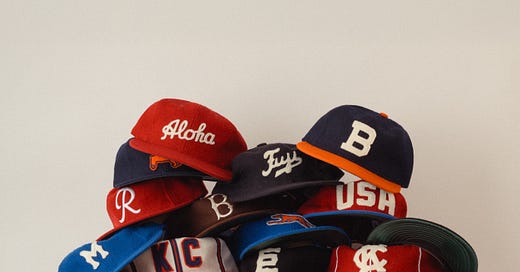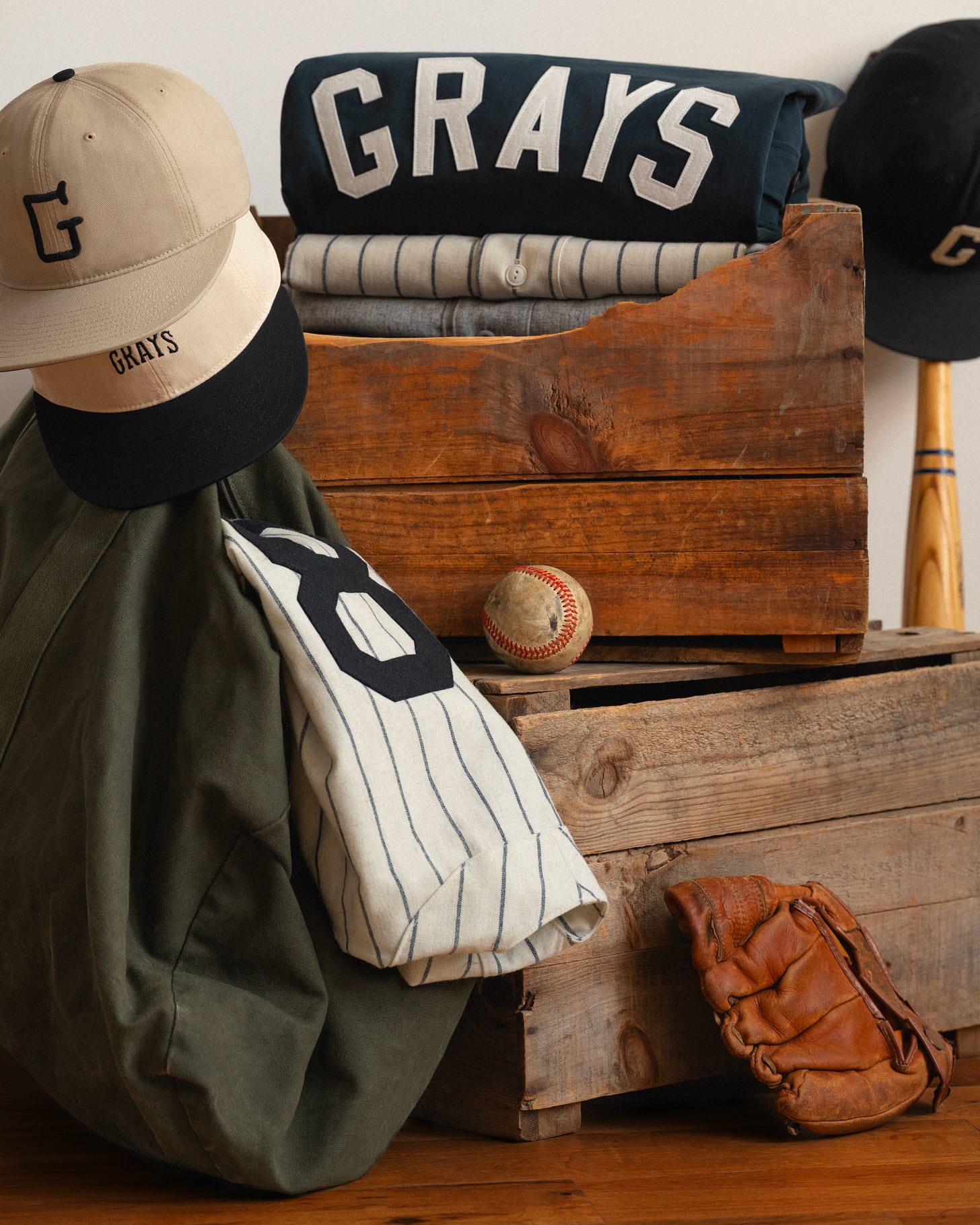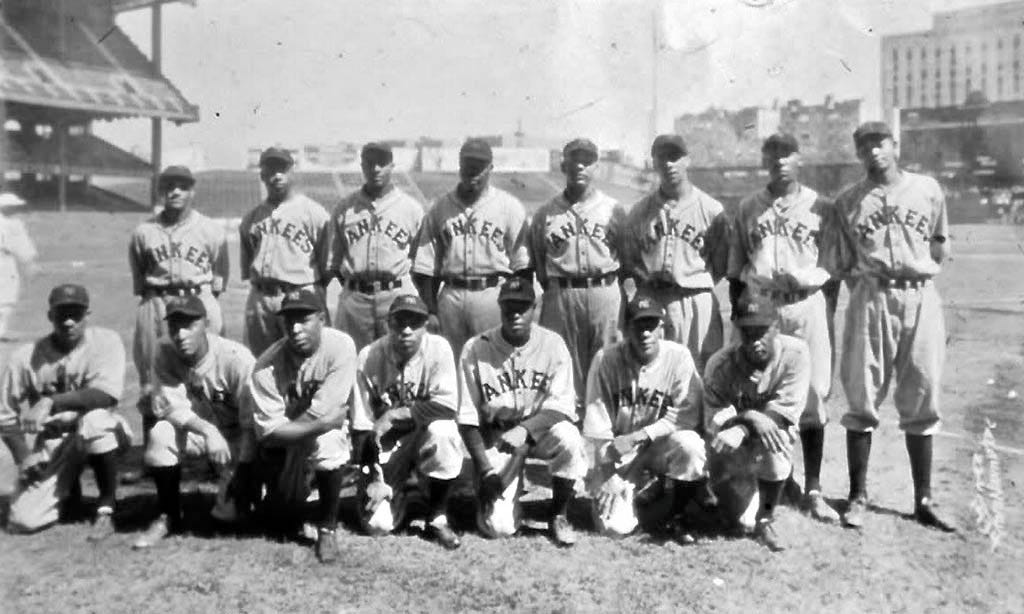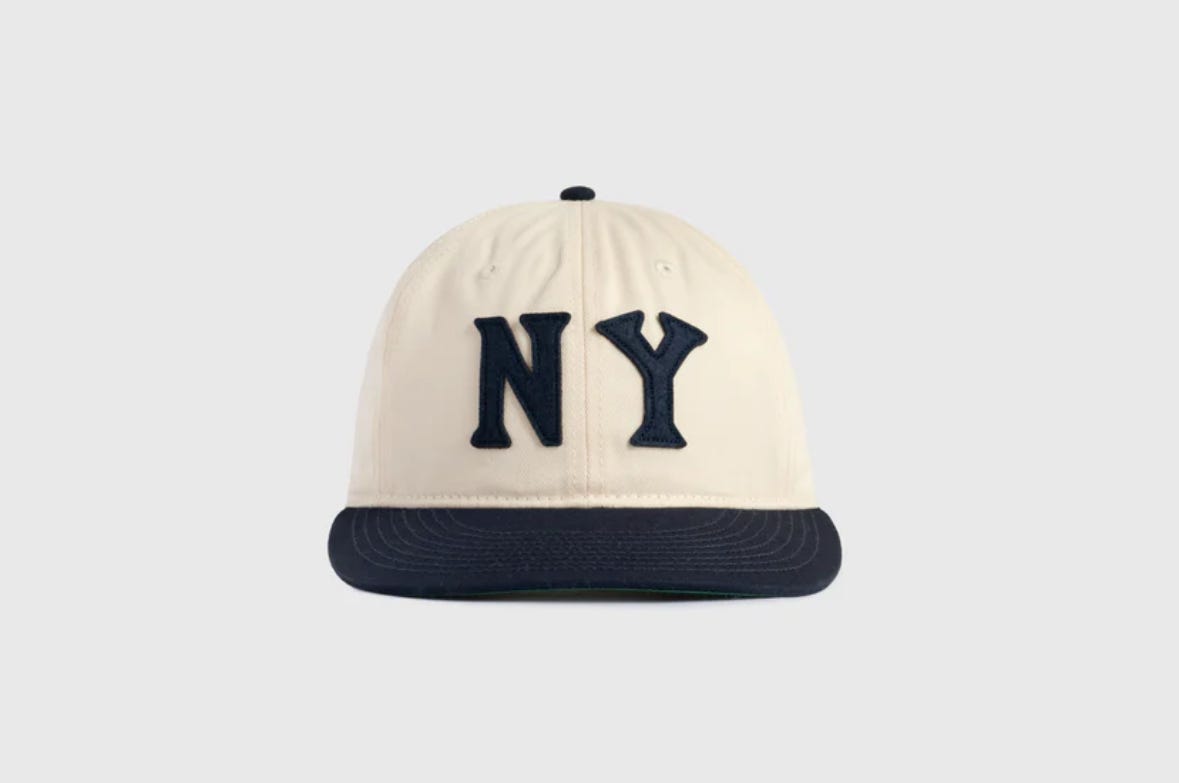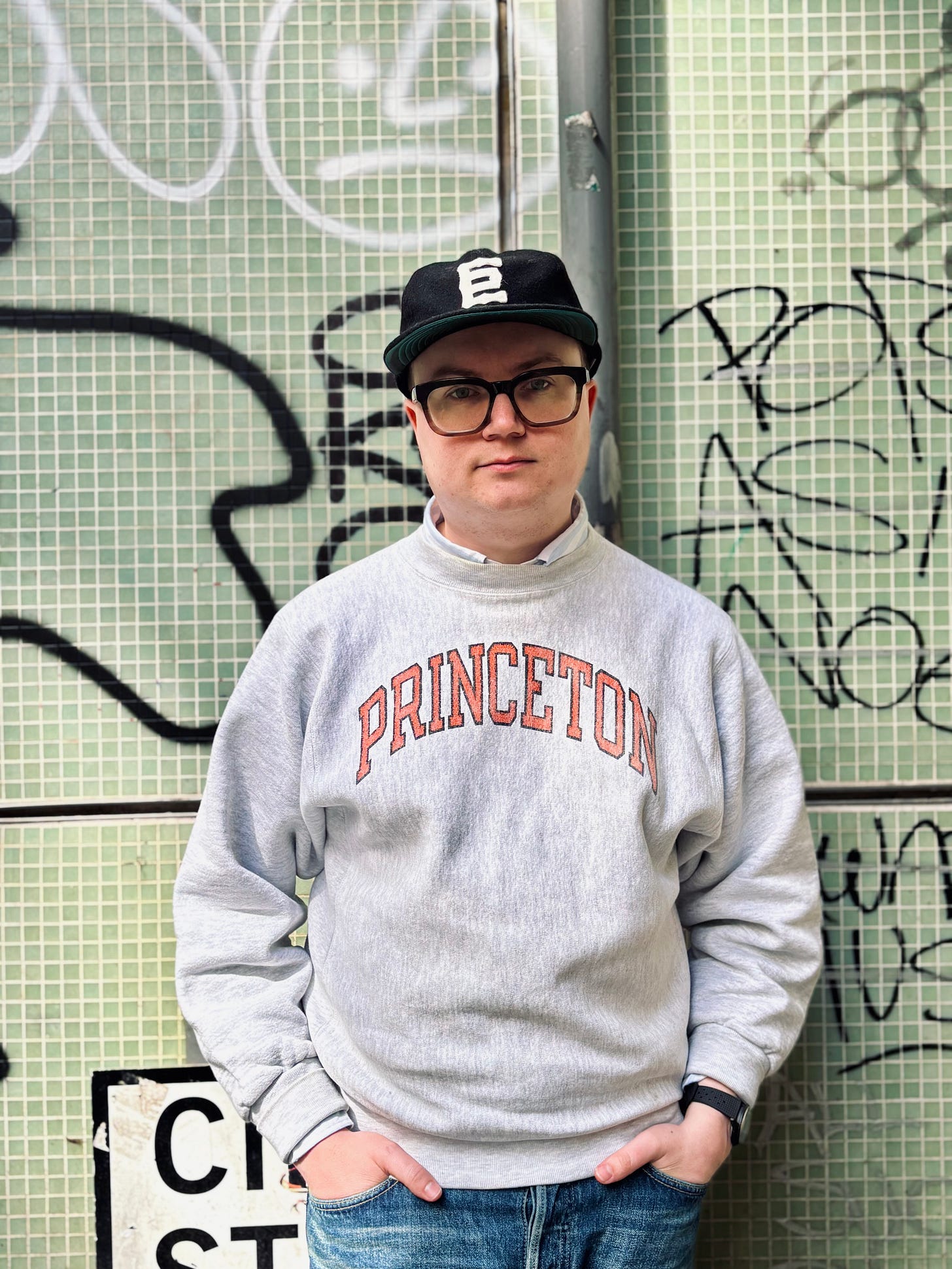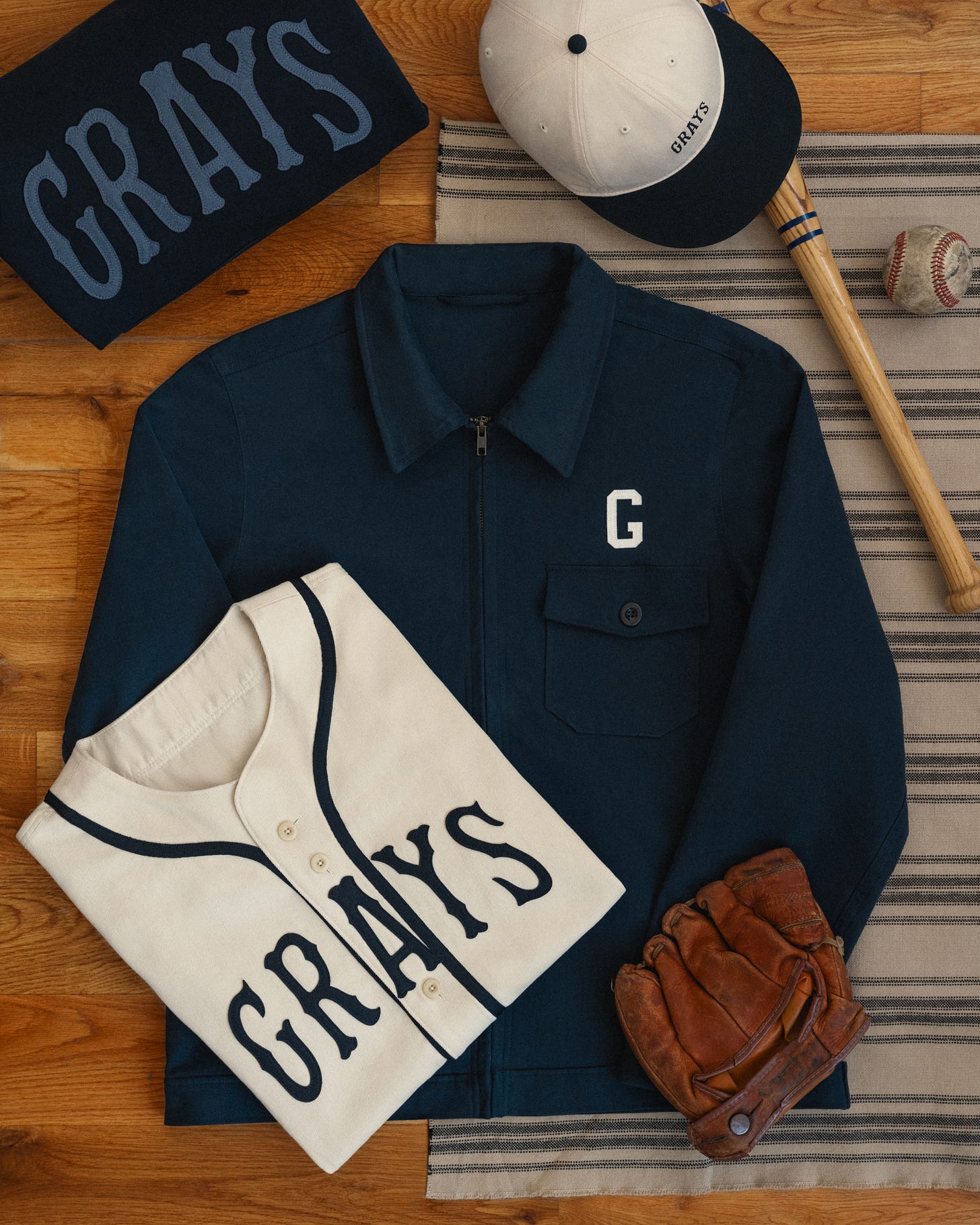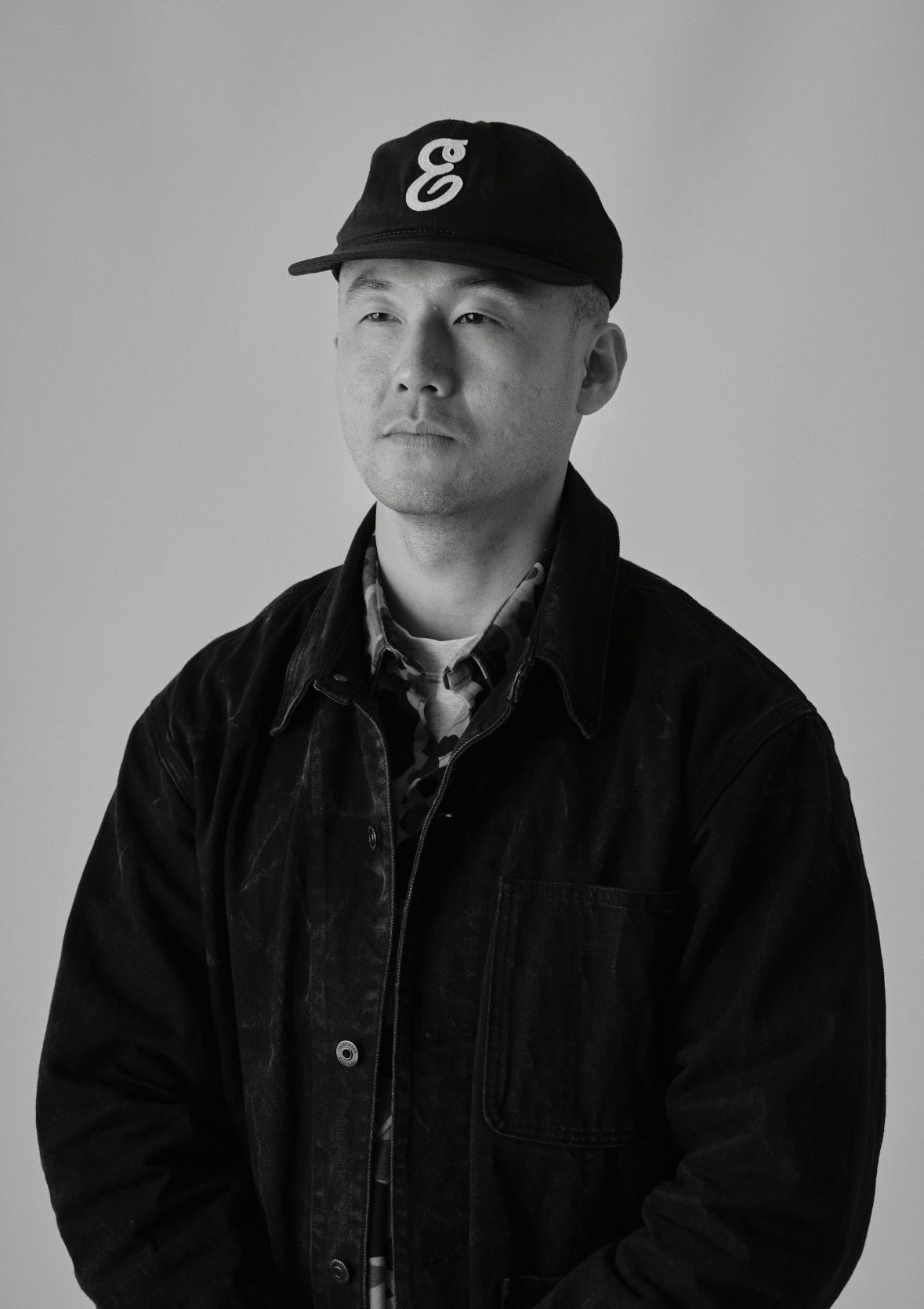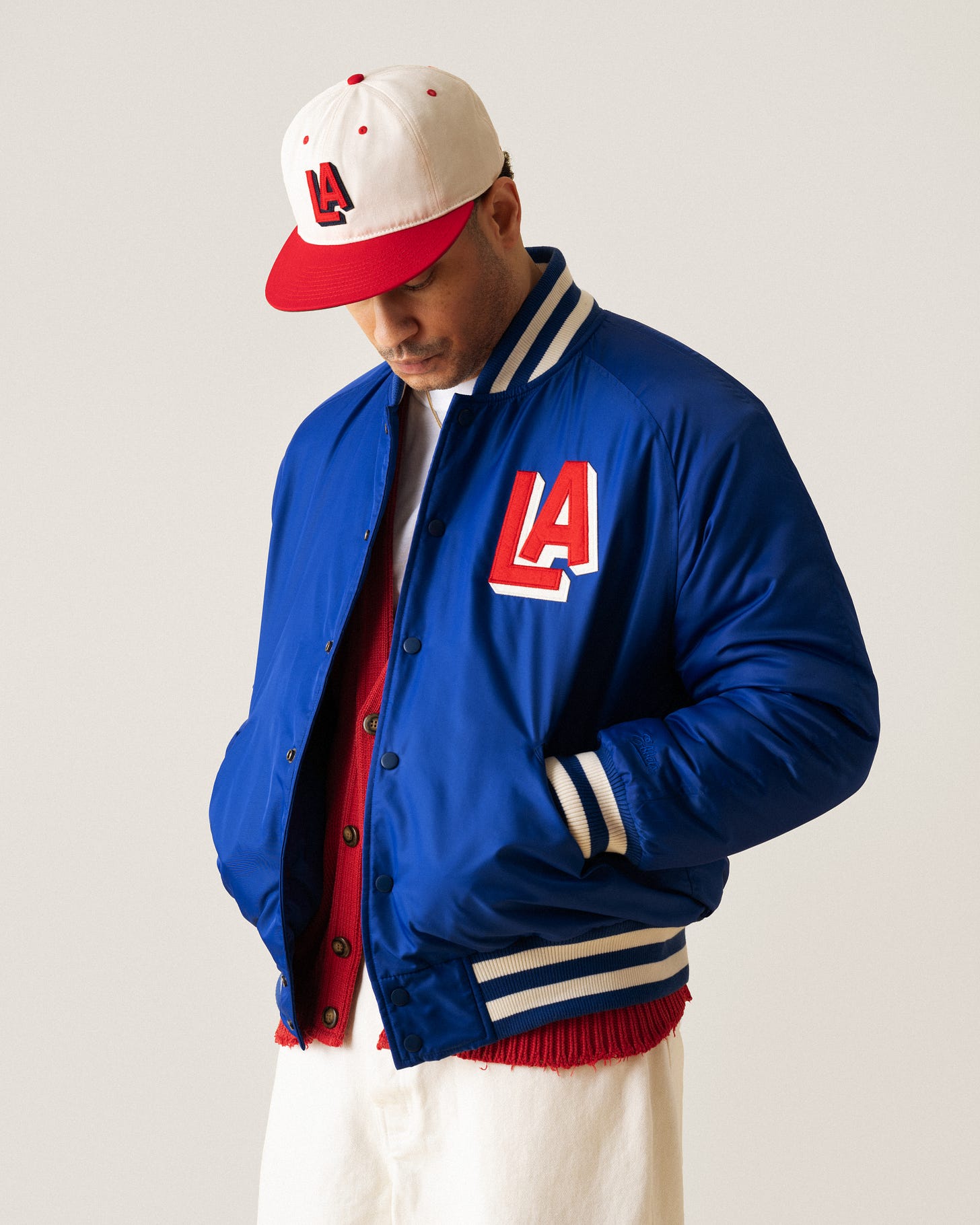Ebbets Field Flannels: A Legacy Reborn
How the brand’s relaunch stays true to its roots while embracing a new chapter in sportswear
The relaunch of Ebbets has certainly caught my attention, and as someone with a deep appreciation for both classic sportswear and the stories woven into every stitch, I can say that this is genuinely exciting.
There’s always a bit of hesitation when a brand that’s been around for a while shifts direction—will they still honour what made them great? But after hearing about their new direction, it’s clear they’re doubling down on their roots. Ebbets Field Flannels was always about celebrating the legacy of baseball and American sportswear, and now, with a fresh perspective and new creative direction, they’re building on that history, while staying true to what they do best.
It’s 1849. The New York Knickerbockers are out on the field wearing straw hats—nothing like the kind of cap we’d associate with a baseball player today. If anything, they looked more like farmers. But in fact, they were a group of well-off, middle-class men, many of whom moved in New York’s literary and social circles during the mid-19th century.
Just under ten years later, in 1858, the Brooklyn Excelsiors debuted a cap with a rounded crown and a long, flat brim, made of wool.
This design became known as the “Brooklyn-style cap” and is considered the prototype of the modern baseball cap.
Yes, you can quite easily find a decent “ball cap” today. But finding one not only based on the originals, but built with the same quality that made them a classic in the first place, can be another story entirely.
Well—unless you know about Ebbets, of course.
The name Ebbets carries weight in baseball history. It harks back to Ebbets Field, the iconic Brooklyn ballpark that opened in 1913 and served as home to the Brooklyn Dodgers until their move to Los Angeles in 1957. This stadium was the stage for countless baseball milestones, including Jackie Robinson breaking the colour barrier in 1947. Though Ebbets Field was demolished in 1960, its legacy endures as a symbol of baseball’s golden era.
In 1988, Ebbets Field Flannels was founded in Seattle by Jerry Cohen, a vintage sports enthusiast. The brand began as a passion project, aiming to recreate historically accurate baseball apparel. Cohen’s dedication to authenticity led to meticulous research and craftsmanship, resulting in garments that resonate with the spirit of early 20th-century American sports.
My cap collection multiplies all the time… it’s a living, breathing thing—there’s no stopping it. And with that, comes a growing collection of caps by Ebbets. So when they sent over two new caps from their collection to tell you all about, I couldn’t wait to share them with you.
New York Black Yankees Felt ‘NY’ Cotton Twill Ballcap
In the early 20th century, racial segregation in the United States seeped into every facet of life, and professional sports were no exception. Major League Baseball (MLB) operated under an unwritten “colour line,” effectively barring Black athletes from its ranks. This tacit agreement wasn’t codified in any official rulebook, but its impact was profound, relegating talented African American players to form their own teams and leagues. Thus, the Negro Leagues emerged—not just as a response to exclusion, but as a testament to resilience and excellence in the face of systemic racism.
These leagues weren’t merely parallel institutions; they were vibrant communities that showcased the prowess and passion of Black baseball players. While the MLB remained segregated, the Negro Leagues thrived, offering a platform for athletes who were denied the opportunity to compete at the highest levels solely because of their skin colour. It’s a stark reminder of a time when talent was overshadowed by prejudice, and a celebration of those who refused to be sidelined.
Created in partnership with the Negro Leagues Baseball Museum in Kansas City, a portion of the proceeds from this cap supports the museum’s mission to preserve and celebrate the stories of these pioneering athletes.
I’m a huge fan of this cap, and the message it stands for.
Tokyo Kyojin (Giants) 1940 Vintage Ballcap
The Tokyo Kyojin, who later became the Yomiuri Giants, were the original powerhouse of Japanese pro baseball. Back in the 1930s and ‘40s, they were unbeatable—stacked with talent and playing with a kind of pride that still carries through the team today.
This 1940 version keeps things classic: all-black wool, with a white felt character up front that nods to their roots. It’s got that proper old-school construction too—soft visor, green satin under the brim, cotton sweatband—the works.
I’m going to catch a baseball game whilst I’m over in Tokyo, rest assured this will be coming with me!
Of course, Ebbets aren’t just known for their iconic ball caps, but fantastic collection of sportswear too.
Everything they make is rooted in history, not just for show but because it matters. Their best-selling jerseys aren’t just throwbacks—they’re spot-on recreations of what teams actually wore. You’ve got the 1944 Homestead Grays road jersey, the 1942 New York Black Yankees home jersey, and Jackie Robinson’s 1946 Montreal Royals one—before he broke the colour barrier with the Dodgers. These aren’t just pieces—they’re stories.
Why the relaunch?
Ebbets may have relaunched the brand we all know and love, and I think doing this is certainly an exciting thing. Obviously, there’s always the worry from fans that the path will become muddled and a vision will be lost, but I truly think Ebbets has a clear one at that.
Lead by Creative Director, Sonny Chang, who brings a decade of experience and a fresh perspective, what’s interesting here is that they’re not walking away from their roots—they’re doubling down on them. After 37 years in the game, the shift isn’t about starting fresh, it’s about taking that sportswear foundation and building something new on top of it. Still grounded in what made them, but now with a sharper, more refined take for today.
As a fan of the brand, baseball, and classic sportswear, I can’t wait to see what the future holds.
All the best to Sonny and everyone at Ebbets. And a huge thank you for making this article possible.


